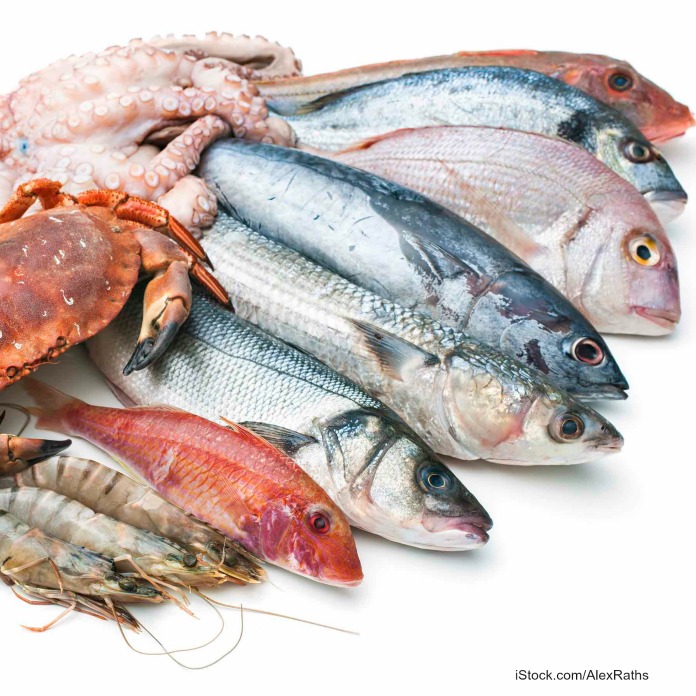The FDA is studying seafood consumption roles in child development and growth, with the aim of limiting the exposure of babies and young children to heavy metals such as mercury, arsenic, lead, and cadmium that may be in those foods. The independent study is funded by the National Academies of Science, Engineering, and Medicine and is called The Role of Seafood Consumption in Child Growth and Development.

The FDA is partnering with the National Oceanic and Atmospheric Administration, the U.S. Department of Agriculture, and the Environmental Protection Agency on this study.
While seafood consumption is healthy and should be an important part of a child’s diet along with a pregnant women’s diet, seafood is the primary dietary source of mercury. That heavy metal can damage the nervous system. Babies and young children are more vulnerable than adults to the harmful effects of mercury.
Seafood can also be a source of exposure for other naturally occurring and manmade contaminants. Experts will conduct systemic reviews of the scientific literature on seafood nutrition and toxicology. This study will add to the FDA’s Closer to Zero Action Plan, which identifies the steps the agency is taking to reduce infants and children’s exposure to heavy metals. It will also help public health officials decide if updates are needed to the Advice About Eating Fish for children and women.
That advice includes lists of the best choices, good choices, and choices to avoid when shopping for seafood. The fish that have the highest mercury levels and should be avoided by those groups include King mackerel, Marlin, orange roughy, shark, swordfish, tilefish from the Gulf of Mexico, and bigeye tuna.
Currently, pregnant and breastfeeding women should eat 2 to 3 servings from the best choices list, or one serving from the good choices list per week. Children should only eat seafood on the best choices list, and should eat two servings a week.




